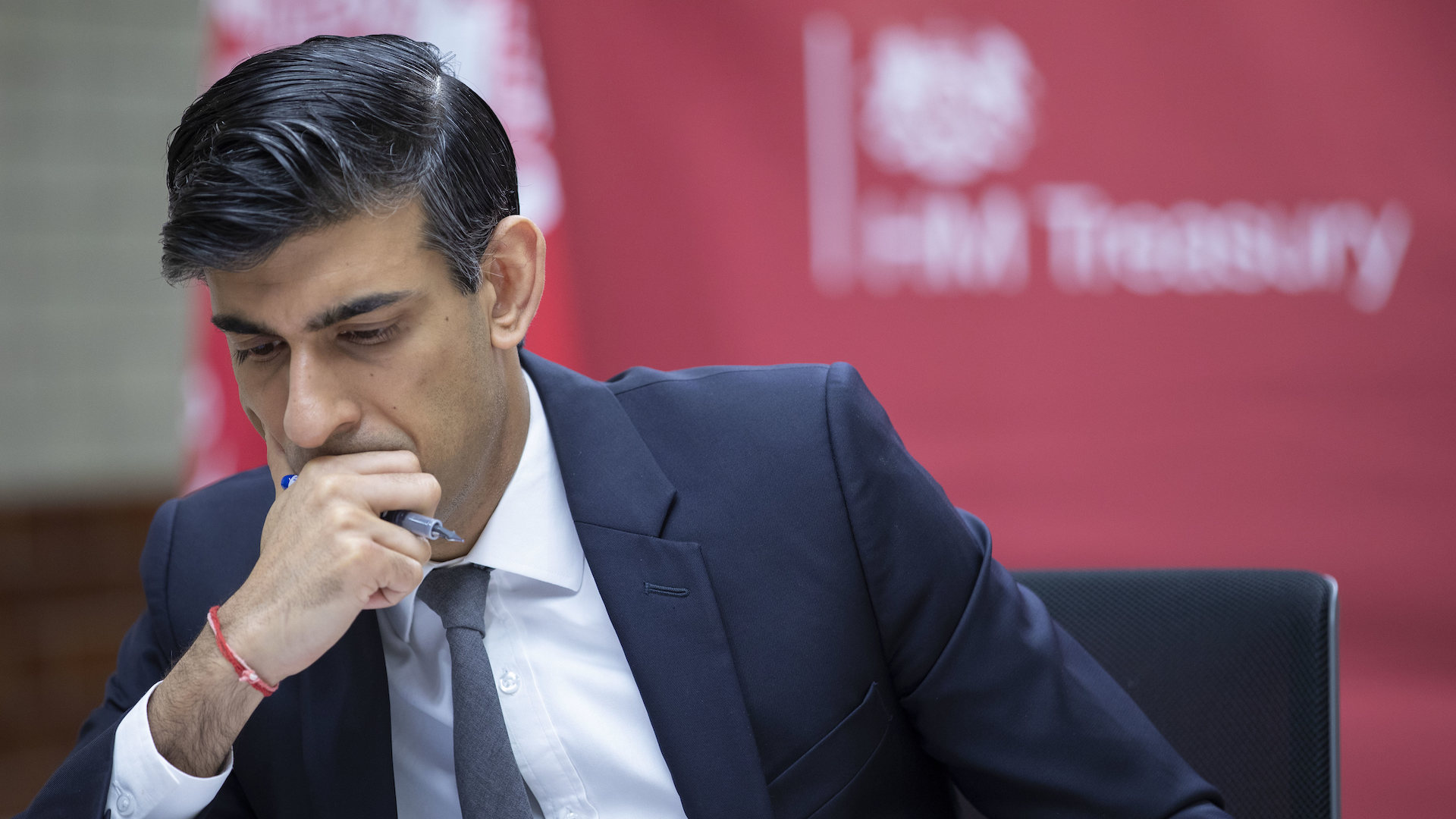We have all been living through a global pandemic, and it has been hard. But the impacts on health and on our finances haven’t fallen equally. If your housing or work situation is unstable it has been an exceptionally hard year, and it is hard to see the end in sight even as the vaccine makes inroads into the disease itself.
When announcing his roadmap out of the pandemic the Prime Minister pledged not to “pull the rug out” from under people who needed support. Tomorrow’s Budget will be a significant moment when we assess whether the response is setting a course for a recovery which leaves nobody behind.
The 2021 Budget should be a moment to seize the opportunity for change and avoid a return to the pre-pandemic normal. That version of normal meant too many jobs that lacked security, dignity and decent pay. It meant people being pushed into poverty by their housing costs and a social security system that did not do enough to keep people afloat.
At The Joseph Rowntree Foundation we will be looking at five key tests for the Chancellor to pass for the Government to be making good on their pledge and loosening the grip of poverty.
1. Has the Chancellor extended the £20 uplift to Universal Credit and Working Tax Credit for at least another year?
Firstly, we will be asking whether the Chancellor has extended the £20 uplift to Universal Credit and Working Tax Credit for at least another year. Taking this lifeline away will result in an overnight cut in income of £1,040 per year for 6 million families. It will pull an estimated 500, 000 people into poverty, including 200,000 children.
The six-month extension reported as the Chancellor’s preference is a short-term fix that would simply delay this pain until the worst possible moment. It would cut out-of-work support to its lowest level since 1990, just as unemployment peaks in the autumn and jobs remain scarce. We also need to see the Chancellor extend this same lifeline to people on ‘legacy’ benefits who have so far unjustly been left behind.









